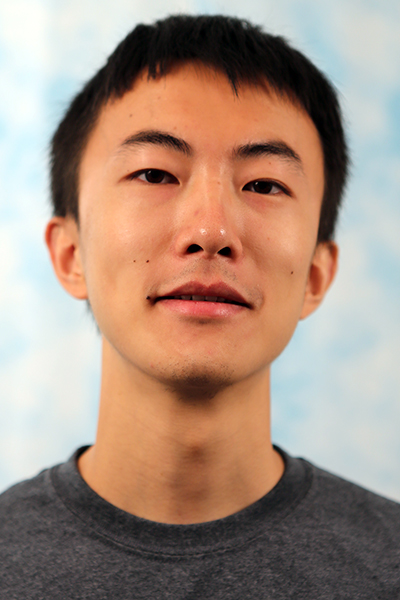Carnegie Mellon University
Robust Manipulation with Active Compliance
Abstract: Human manipulation skills are filled with creative use of physical contacts to move the object about the hand and in the environment. However, it is difficult for robot manipulators to enjoy this dexterity since contacts may cause the manipulation task to fail by introducing huge forces or unexpected change of constraints, especially when modeling [...]
Carnegie Mellon University
Open-world Object Detection and Tracking
Abstract: Computer vision today excels at recognizing narrow slices of the real world: our models seem to accurately detect objects like cats, cars, or chairs in benchmark datasets. However, deploying models requires that they work in the open world, which includes arbitrary objects in diverse settings. Current methods struggle on both axes: they recognize only [...]
Self-supervised learning for visual recognition
Abstract: We are interested in learning visual representations that are discriminative for semantic image understanding tasks such as object classification, detection, and segmentation in images/videos. A common approach to obtain such features is to use supervised learning. However, this requires manual annotation of images, which is costly, ambiguous, and prone to errors. In contrast, self-supervised [...]
Policy Decomposition : Approximate Optimal Control with Suboptimality Estimates
Abstract: Owing to the curse of dimensionality, numerically computing global policies to optimal control problems for complex dynamical systems quickly becomes intractable. In consequence, a number of approximation methods have been developed. However, none of the current methods can quantify by how much the resulting control underperforms the elusive globally optimal solution. We propose Policy [...]
Inverse Reinforcement Learning with Explicit Policy Estimates
Abstract: Various methods for solving the inverse reinforcement learning (IRL) problem have been developed independently in machine learning and economics. In particular, the method of Maximum Causal Entropy IRL is based on the perspective of entropy maximization, while related advances in the field of economics instead assume the existence of unobserved action shocks to explain [...]
GANs for Everyone
Abstract: The power and promise of deep generative models such as StyleGAN, CycleGAN, and GauGAN lie in their ability to synthesize endless realistic, diverse, and novel content with user controls. Unfortunately, the creation and deployment of these large-scale models demand high-performance computing platforms, large-scale annotated datasets, and sophisticated knowledge of deep learning methods. This makes [...]
Carnegie Mellon University
MSR Thesis Talk – Hans Kumar
Title: Multi-Session Periodic SLAM for Legged Robots Abstract: Methods for state estimation that rely on visual information are challenging on dynamic robots because of rapid changes in the viewing angle of onboard cameras. In this thesis, we show that by leveraging structure in the way that dynamic robots locomote, we can increase the feasibility [...]
Learning to Compose Hierarchical Object-Centric Controllers for Robotic Manipulation
Abstract: To perform manipulation tasks in the real world, robots need to operate on objects with various shapes, sizes and without access to geometric models. It is often infeasible to train monolithic neural network policies across such large variance in object properties. Towards this generalization challenge, we propose task-axis controllers, which are defined relative to [...]
Reasoning over Text in Images for VQA and Captioning
Abstract: Text in images carries essential information for multimodal reasoning, such as VQA or image captioning. To enable machines to perceive and understand scene text and reason jointly with other modalities, 1) we collect the TextCaps dataset, which requires models to read and reason over text and visual content in the image to generate image [...]
Carnegie Mellon University
MSR Thesis Talk: Eagle Dapeng Zhao
Title: Predicting Human Trajectories by Learning and Matching Patterns Zoom Link: https://cmu.zoom.us/j/93356993095?pwd=Nzd3a09PbG9mVkV5blFVaU5nRk1GQT09 Abstract: As more and more robots are envisioned to cooperate with humans sharing the same space, it is desired for robots to be able to predict others' trajectories to navigate in a safe and self-explanatory way. We propose a Convolutional Neural Network-based approach [...]







